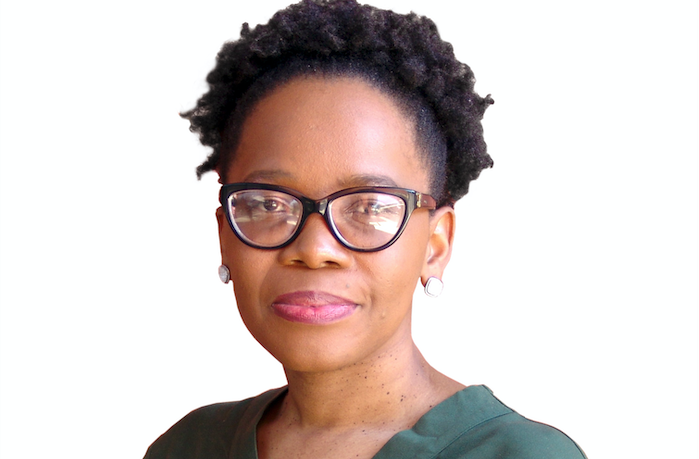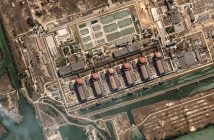- The South African National Energy Development Institute (SANEDI) has developed a new strategic plan which positions the institute to address key energy sector issues.
SANEDI interim CEO, Lethabo Manamela explains: “SANEDI was established in terms of the National Energy Act in 2011, as an agency of the Department of Mineral Resources and Energy. The institute has since been directing applied energy research in South Africa and implementing energy efficiency measures in the country, working with local and international partners. However, the energy landscape has greatly changed in the ten years since SANEDI’s inception, and we as an institute must adapt to these changes.”
The new strategy is set to address three key issues facing the energy sector and wider South African community.
“The first issue is climate change and decarbonisation, which is a prominent concern in our energy landscape, which is still dominated by coal. In response, SANEDI aims to drive the accelerated adoption of clean energy and mitigation solutions towards meeting national and international commitments,” explains Manamela. The institute will focus on decarbonisation through technological programmes, compliance monitoring, and awareness campaigns.
The second issue is service delivery within the municipal environment, which SANEDI will address through its Smart Grids programme, particularly as it relates to transport, energy, revenue and asset management. “Through smart grids, e-mobility, revenue and asset management and energy efficiency initiatives, significant opportunities exist within the municipal environment to drive service delivery, enhance performance and create a lasting impact,” says Manamela.
The third issue is information, knowledge, and technological convergence. “Information is being generated at a rapid rate, where centralised sources of information can be utilised to derive real insights that can influence decision-making. This improved decision making has the power to contribute towards the socio-economic development of the country. Manamela adds, “SANEDI is setting out to improve information and knowledge management, to increase the national dataset on energy-related information. Through this, we look forward to contributing to improving public sector policy making and private sector investment decisions.”
“Beyond this, we acknowledge that we must focus on programmes that create maximum impact, so that we can make the best use of our effort and resources. We believe that our Smart Grid Programme provides a significant area of opportunity, based on the current state of municipalities and the future trend towards increased urbanisation and SMART cities,” says Manamela.
“With our new strategic vision, we are confident that SANEDI will continue making progress towards a more sustainable and efficient energy sector which is equipped to support South Africa’s economic and social development and improving the competitiveness of the country and the lives of her people,” concludes Manamela. While focus is placed on this programme, the institute remains dedicated to its national and international commitments towards decarbonisation, which is a global focus as the world aims to mitigate climate change.
Author: Bryan Groenendaal











